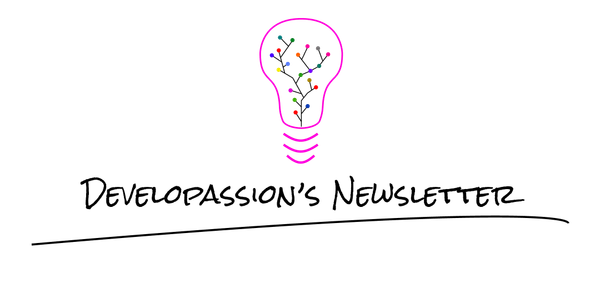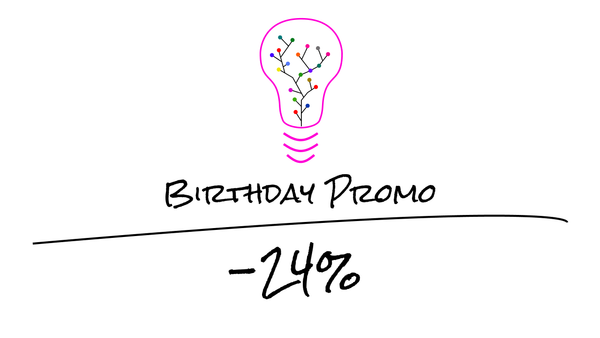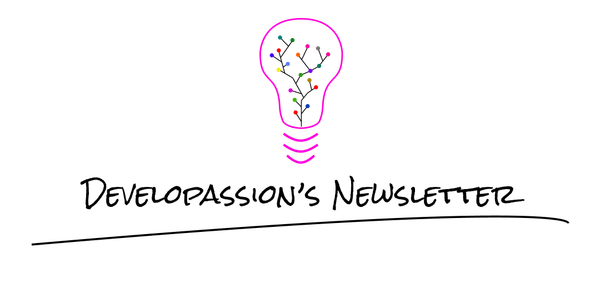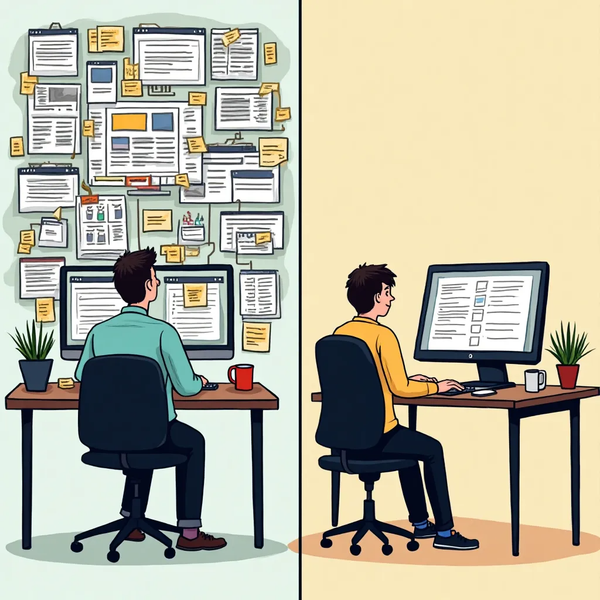Focus on things that don't change
Focus on things that don't change to build solid foundations and invest your time in the best possible way.
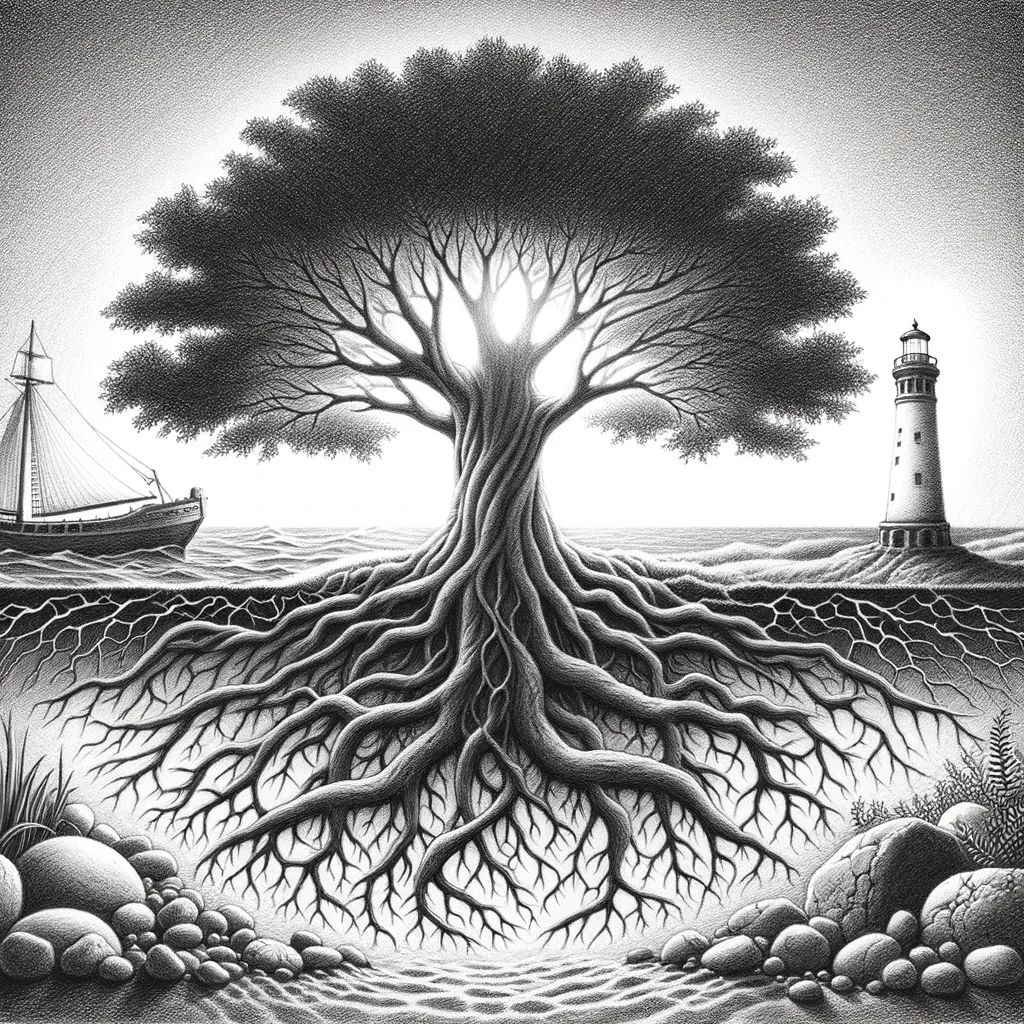
In this article, I want to discuss what you should focus on when learning, and why.
Introduction
Time is our most precious resource. For that reason, it's critical to be strategic about how to use it, in the same way that we need to be careful about how we invest or spend our money.
When we learn about something new, it's easy to fall into all sorts of rabbit holes that consume a lot of time and energy with a low return on investment. The world changes faster and faster, and technology evolves all the time. If we're not careful, it's easy to spend time learning about things that will become obsolete really quickly.
Let's see how we can avoid those traps and invest our time and energy wisely.
Stable knowledge is highly valuable by definition
When choosing whether to spend time learning something or not, it's useful to determine whether it is (mostly) stable knowledge or not. Stable knowledge is knowledge that remains valid over a long period of time. That is, at least years or even decades.
Stable knowledge is foundational and very valuable to acquire. Stable knowledge represents facts/truths that stand the test of time and are difficult if not impossible to change/prove wrong. One of the best examples is Einstein's theory of general relativity. It was published in 1915 and is still relevant today (!). It has helped the world progress tremendously and even though it is almost certainly incomplete, it has been validated by many real-world tests. To this day, Einstein's theory remains the current best description/explanation we have of gravitation.
If you have the choice, focus on stable knowledge first, and later expand to less stable knowledge. That way, you will learn from first principles and will have solid long-standing foundations.

Benefits of the long-tail effect for stable knowledge
An important point to consider is that even though technology evolves all the time, most of the changes are incremental and are not "game changers". There are of course major innovations like the Internet, the World Wide Web, the democratization of computing power with mobile devices, recent breakthroughs in AI, and others. But those are the exception rather than the rule. They're basically black swan events.
If you focus on things that don't change (at least at first), you will benefit from the long-tail effect. That is, the knowledge you acquire will remain valuable over time, and that value will compound as you learn new things, because you will be able to connect the dots, even between topics and fields.
Over time, you will of course have to refresh and adjust the mental models you've created by learning foundational concepts and ideas. But those incremental updates will rarely be substantial. If you learn something from first principles and come back to it after a while, you'll notice changes, but you'll still find your way and recognize many elements. As a software engineer, I've noticed that many times as I switched between languages, frameworks and tools. Many things were different, but the core concepts remained the same and I could still rely on my existing knowledge.
As a content creator, I've learned to appreciate the value of creating "stable content". That is, content that presents timeless information, and thus stable knowledge. Stable content also has a compounding long-tail effect that is highly valuable.
Transient knowledge decays, but is valuable too
Transient knowledge is knowledge that only remains valuable for a short period of time. It is useful, but only for a short period of time. Investing in transient knowledge makes sense, but only when the expected benefits outweigh the time investment compared to acquiring more stable knowledge.
When you think strategically about what to learn, do consider the opportunities offered by transient knowledge as well. Sometimes, it can help you land a job/contract/opportunity that will lead you where you want to go, even though you know that what you are about to learn will eventually become much less valuable.
Conclusion
In this article, I've described the dichotomy between stable and transient knowledge, and gave you some keys to know what to prioritize and why.
Be strategic with what you decide to learn. Focus on the long-term value, and thus on things that don't change. Those will compound and will pay dividends for decades. But don't miss opportunities presented by transient knowledge. Even though it decays much faster, it also has value.
References
About Sébastien
I'm Sébastien Dubois, and I'm on a mission to help knowledge workers escape information overload. After 20+ years in IT and seeing too many brilliant minds drowning in digital chaos, I've decided to help people build systems that actually work. Through the Knowii Community, my courses, products & services and my Website, I share practical and battle-tested systems. You can follow me on X 🐦 and on BlueSky 🦋.
I am an author, founder, and coach. I write books and articles about Knowledge Work, Personal Knowledge Management, Note-taking, Lifelong Learning, Personal Organization, and Zen Productivity. I also craft lovely digital products.
If you want to follow my work, then become a member and join our community.
Ready to get to the next level?
If you're tired of information overwhelm and ready to build a reliable knowledge system:
- 🎯 Join Knowii and get access to my complete knowledge transformation system
- 📚 Take the Course and Master Knowledge Management
- 🚀 Start with a Rock-solid System: the Obsidian Starter Kit
- 🦉 Get Personal Coaching: Work with me 1-on-1
- 🛒 Check out my other products and services. These will give you a rock-solid starting point for your note-taking and Knowledge Management efforts


